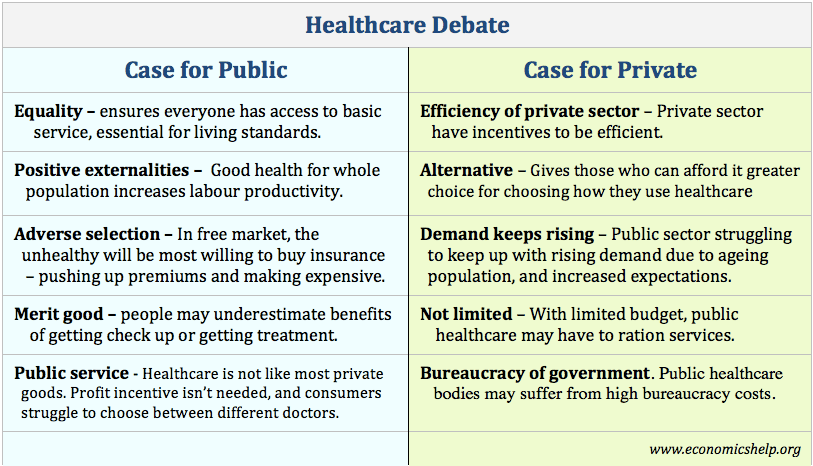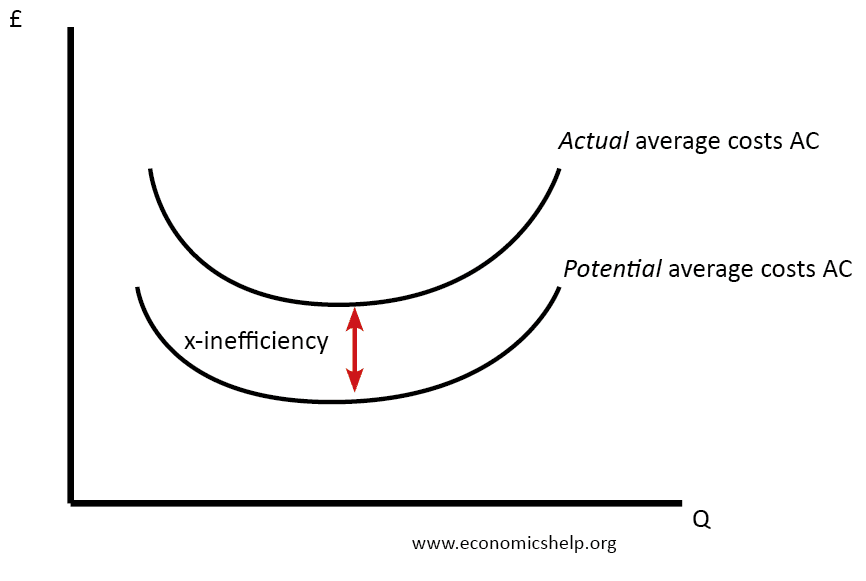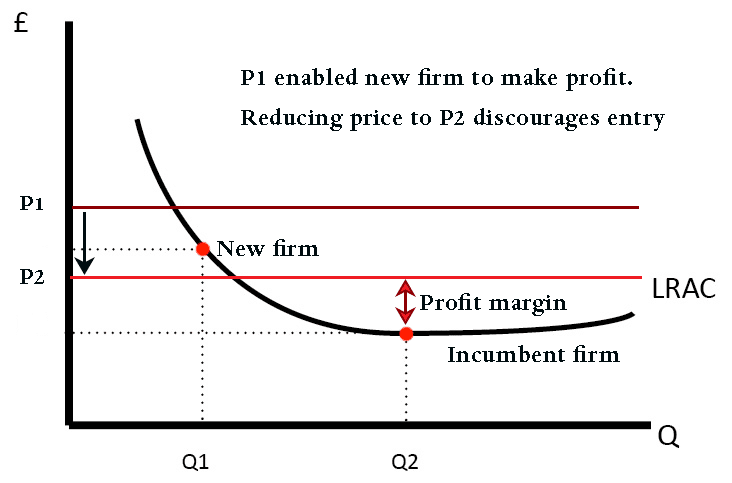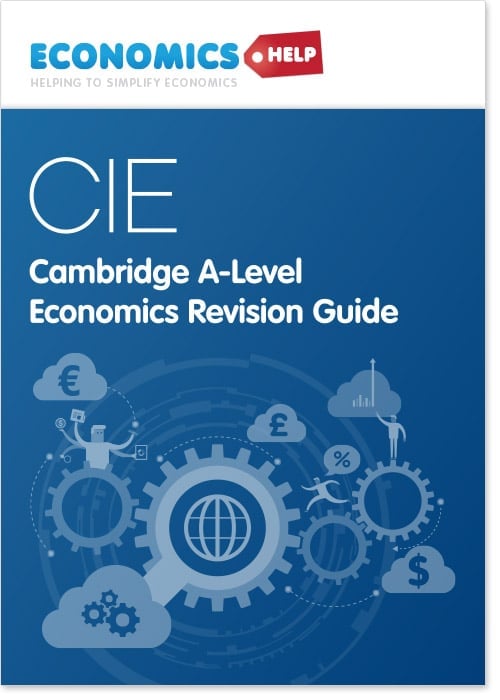Advantages of Privatisating Public Services
Although controversial, what are the potential advantages of privatising public services? Firstly, privatising means outsourcing of public services to the private sector. For example, this might include Competitive tendering – where private companies are allowed to bid for the right to provide meals for hospitals. NHS outsourcing treatment to private hospitals. To deal with waiting …




